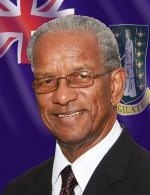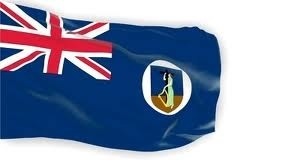BVI Legislation To Curtail Computer Misuse And Cybercrime
Tuesday, February 18, 2014 – 2:24pm
A number of erroneous media articles in the local and international press have been issued regarding the Computer Misuse and Cybercrime Act, 2013 (“Act”).
The Government of the Virgin Islands (BVI) confirms that the first reading and deliberations on the Computer Misuse and Cybercrime Act, 2013 took place on January 13. The draft legislation will receive two further readings with the aim of being enacted by the House of Assembly in the coming weeks.
The Act was drafted following the misappropriation and misuse of private and confidential information from the BVI in April 2013. In accordance with international standards, the BVI Act does not criminalise legitimate free speech, but is designed to protect confidential data and information while preventing its misuse.
Although the BVI Criminal Code, 1997 has certain provisions for the criminalising of certain acts of computer misuse, it does not sufficiently address the other aspects of cybercrime. To this end, the Computer Misuse and Cybercrime Act, 2013 seeks to provide a comprehensive approach to deterring and punishing illegal activities relating to cybercrime and misuse of information.
The new Act will assure relevant stakeholders – both domestic and international – that the integrity and safety of their personal and business data is protected as they continue to undertake legitimate business transactions.
As a well-regulated financial centre which plays a pivotal role in world trade and commerce, the Computer Misuse and Cybercrime Act, 2013, once approved and enacted will protect against illegal access and misuse of computers.
The new Act is expected to buttress and complement BVI’s existing comprehensive suite of laws which conform to highest international standards and best practices.
Additionally, it will strengthen investor confidence, national security and the BVI’s legislative regime. Furthermore, the enactment of this Bill will support the Government’s efforts to promote its vision of the Virgin Islands as an ideal place to work and do business.
GIS Press Release.




